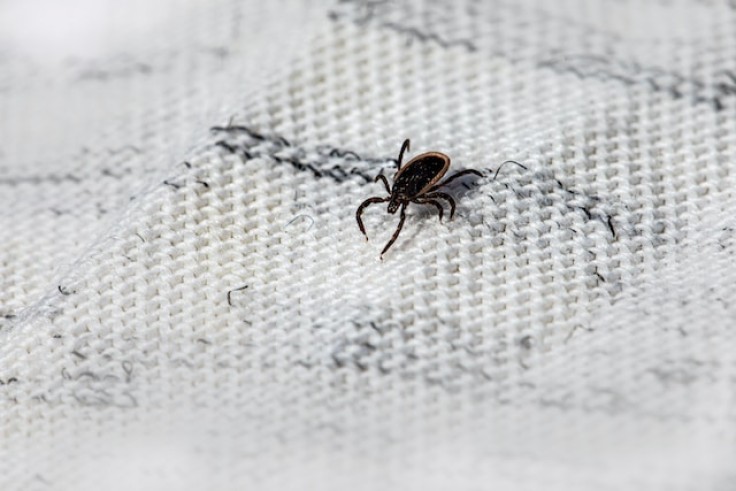
As the summer season emerges and individuals spend more time outdoors, the risk of tick bites and the potential for tick-borne illnesses become a growing concern. One particular condition that has garnered attention is alpha-gal syndrome, which is associated with a severe allergy to red meat. According to CBS News, understanding the essential aspects of alpha-gal syndrome and adopting preventative measures can significantly mitigate the risks associated with this allergy.
Symptoms and Causes
Alpha-gal syndrome is defined as a serious and potentially life-threatening allergic reaction triggered by the consumption of red meat or exposure to products containing alpha-gal, a sugar molecule found in most mammals. While the precise cause is not yet fully understood, evidence suggests that lone star ticks, among other tick species, may be responsible for transmitting this allergic reaction. Lone star ticks are predominantly found in the southeastern and eastern regions of the United States. Researchers at the UNC School of Medicine have observed a notable rise in alpha-gal cases, with the number increasing from 24 identified cases in 2009 to approximately 40,000 by 2022.
Recognizing the symptoms of alpha-gal syndrome is crucial for early identification and appropriate management. Patients may experience a range of symptoms, including skin issues such as hives and itching, gastrointestinal problems like indigestion and diarrhea, and heartburn. Other common reactions include nausea, vomiting, respiratory difficulties, a drop in blood pressure, swelling of the lips, throat, tongue, or eyelids, dizziness, faintness, and severe stomach pain.
While ongoing research explores potential desensitization treatments, the primary method of managing alpha-gal syndrome is strict avoidance of trigger foods. Individuals diagnosed with the syndrome must refrain from consuming red meat and products derived from mammals, including gelatin, cow's milk, and milk products. Adhering to a carefully planned diet and reading product labels diligently is crucial to preventing inadvertent exposure to alpha-gal.
Protective Measures
To minimize the risk of tick bites and subsequent exposure to alpha-gal, the Centers for Disease Control and Prevention (CDC) provides essential preventive guidelines. These guidelines include avoiding grassy, brushy, and wooded areas where ticks are commonly found. Additionally, individuals should apply EPA-registered insect repellent before venturing outdoors and wear protective clothing, such as long-sleeved shirts and long pants. Conducting a thorough tick check upon returning indoors is essential, paying close attention to areas like the scalp, armpits, and groin. If a tick is found, it should be carefully removed using fine-tipped tweezers, grasping the tick as close to the skin's surface as possible.
Alpha-gal syndrome poses a significant health concern for individuals who have been bitten by lone star ticks or other tick species capable of transmitting this allergic reaction. The increasing number of reported cases highlights the importance of public awareness and taking proactive measures. Recognizing the symptoms of alpha-gal syndrome and adopting appropriate precautions when venturing outdoors can help reduce the likelihood of tick bites and subsequent allergic reactions. Individuals diagnosed with alpha-gal syndrome must diligently adhere to a strict diet, avoiding trigger foods, to manage their condition effectively.
Ongoing research continues to explore potential treatments and desensitization strategies, providing hope for the future management of this allergy. By staying informed, following preventive guidelines, and seeking guidance from healthcare professionals, individuals can protect themselves and minimize the potential risks associated with alpha-gal syndrome while enjoying the outdoors.